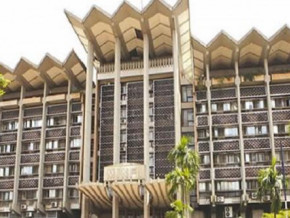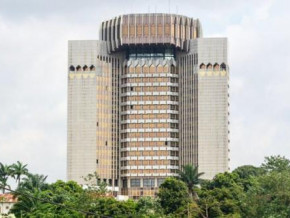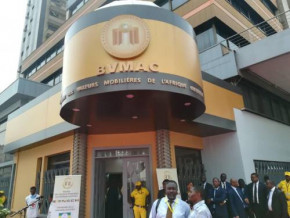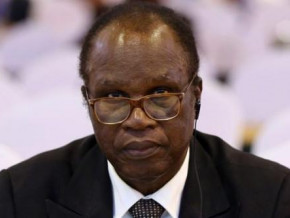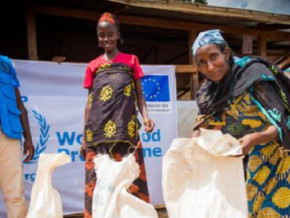
Cameroon to increase tax-to-GDP ratio to 13.55% by 2024

(Business in Cameroon) - The Cameroonian government is currently planning to gradually increase the tax-to-GDP ratio from 11.80% in 2021 to 12.5% in 2022 and then to 13.55% by 2024. The figures were published in the review report of the economic and financial planning document submitted to the national assembly on July 4, 2021, in preparation for the 2022 State Budget.
According to the General Tax Directorate DGI, the announced ratios are below the 17.2% average in Africa and even worldwide. “It is generally accepted that the ratio of compulsory levies in the national wealth should be at least 25% to be significant and generate a real development,” people claim at the DGI. However, it should be noted that the tax-to-GDP ratio does not include all of the compulsory taxes, just the ones included in the Central government's budget.
For a tax expert, the main problem when it comes to taxation in Cameroon is not really the tax-to-GDP ratio but tax fairness. This viewpoint is shared by the Finance Commission of the National Assembly. This commission believes that the announced increase in the tax-to-GDP ratio is giving the impression that there is no tax fairness in the country.
No fairness
In Cameroon, the tax pressure is only weighed on a small number of taxpayers while a large number of taxpayers are currently evading taxes. For instance, despite the significant properties owned by some Cameroonians, property tax has been, for years now, a marginal share of the fiscal base in the country. Some analysts even perceive this self-indulgence in the collection of property taxes as exemptions made to the wealthy because in urban areas only people belonging to a certain class can afford real estate properties.
For the time being, there is no indication about how the government is planning to increase the ratio. Is it by increasing the ratio of existing taxes, by creating new taxes, by broadening the tax base, or even by doing all of these? Nobody knows. No matter the strategy adopted to achieve its goal, the government will surely be criticized by economic operators who usually accuse the State of overtaxing companies. For Célestin Tawamba, President of the employers grouping GICAM, Cameroon’s tax system is outright confiscatory.
This appreciation is similar to the analysis of Cameroon’s tax system published in the World Bank’s Doing Business report. Over the past five years, the report has regularly denounced the high ratio of income taxes imposed on companies. At 57%, this ratio is higher than the 47.3% average in Sub-Saharan Africa but, the DGI believes that the Doing Business analysis is imperfect since it does not take into account several improvements. Those improvements include the reduction of the corporate tax from 38.5% to 33% in the 2015 finance law and several incentives. Even in 2019, the country’s tax expenditures (the tax revenues shortfalls caused by exemptions and special exclusions) were over XAF584 billion.
Brice R. Mbodiam
Mags frontpage
- Most read 7 days
- shared 1 month
- read 1 month




